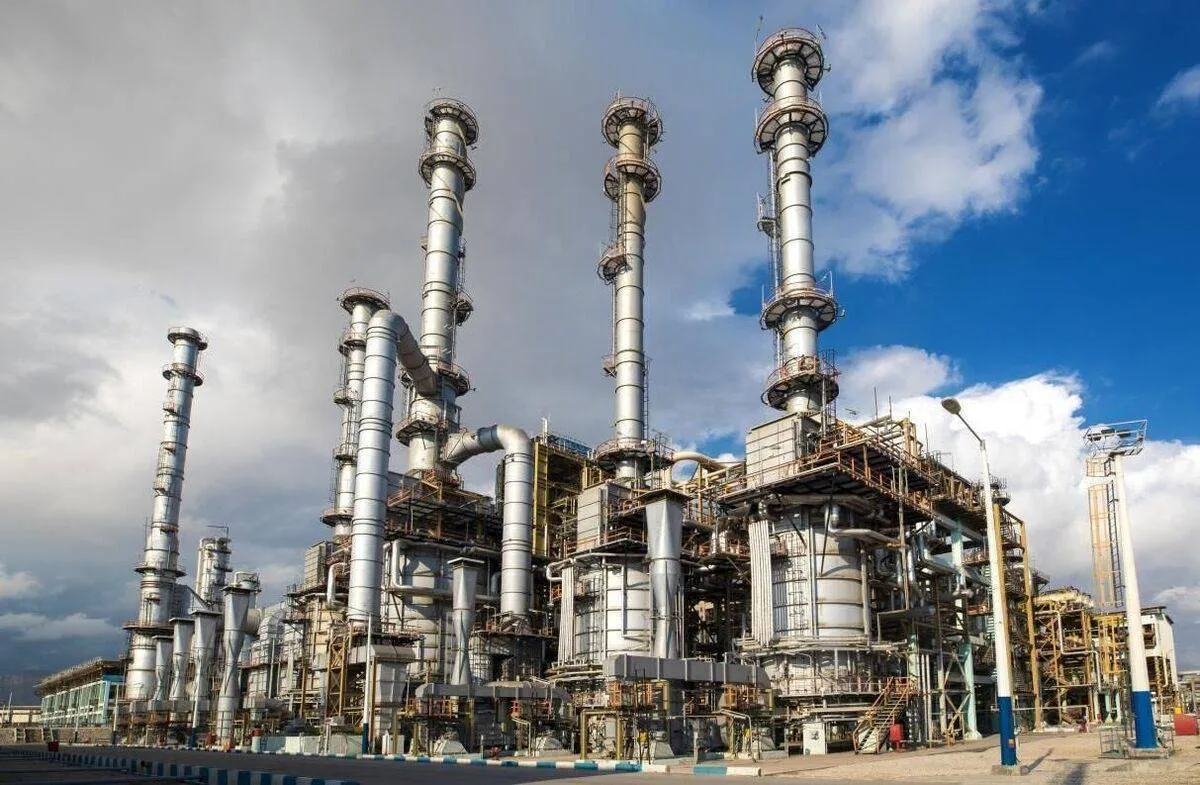Iranian Knowledge-Based Company Indigenizes Rotating Parts, Equipment of Key Industries

“Our goal is to produce and indigenize rotary parts and equipment for the important and strategic industries of the country (oil, gas, petrochemical, mining, steel, cement, etc.) with the aim of providing the complete cycle of manufacturing and producing spare parts for them in the field of design, reverse engineering, preparation of technical certificate for parts manufacturing, and manufacturing and technical inspection of parts,” said Babak Rezayee, the managing director of the knowledge-based company.
“We are the manufacturer of spare parts and centrifugal pump equipment for the oil, gas and petrochemical industries and these products are used in industries that require fluid transfer,” he added.
“They are used in cement, mining and steel industries, but our focus is on oil, gas and petrochemical industries,” Rezayee underlined.
In a relevant development last year, the managing-director of another knowledge-based firm in Iran announced that the inventors and researchers of the company for the first time in the country and the world had graded all metals by centrifugal casting.
Ebrahim Vahdat, the managing director of 'Keyfiatsazan Tose'eh San'at Farda' company stationed at the Islamic Azad University's Amol branch, elaborated on the application and features of the ‘FGM (Functionally Graded Materials) graded metal’ product, and told ANA, “Based on the required properties, we are able to vary the physical and mechanical properties of the material along with the thickness of the piece in a way that the mechanical properties from the surface to the core of the part changes with a specific function, and therefore, we can maximize the hardness of the part on its surface and minimize it in the core.”
“Based on the FGM graded metal design and the use of the centrifugal casting method, these types of materials are produced that have no material restrictions and include any material like steel, cast iron, aluminum, and copper, and we can produce these data-x-items in a graded manner since the density of various elements is different,” he added.
“The alloy material used by our company has not been used in the world so far; we added 26% copper, 8% silicon and 2.3% lithium to the graded FGM metal which has been done for the first time in the world,” Vahdat said.
In materials science, Functionally Graded Materials (FGMs) may be characterized by the variation in composition and structure gradually over volume, resulting in corresponding changes in the properties of the material. The materials can be designed for specific function and applications.
4155/v





















